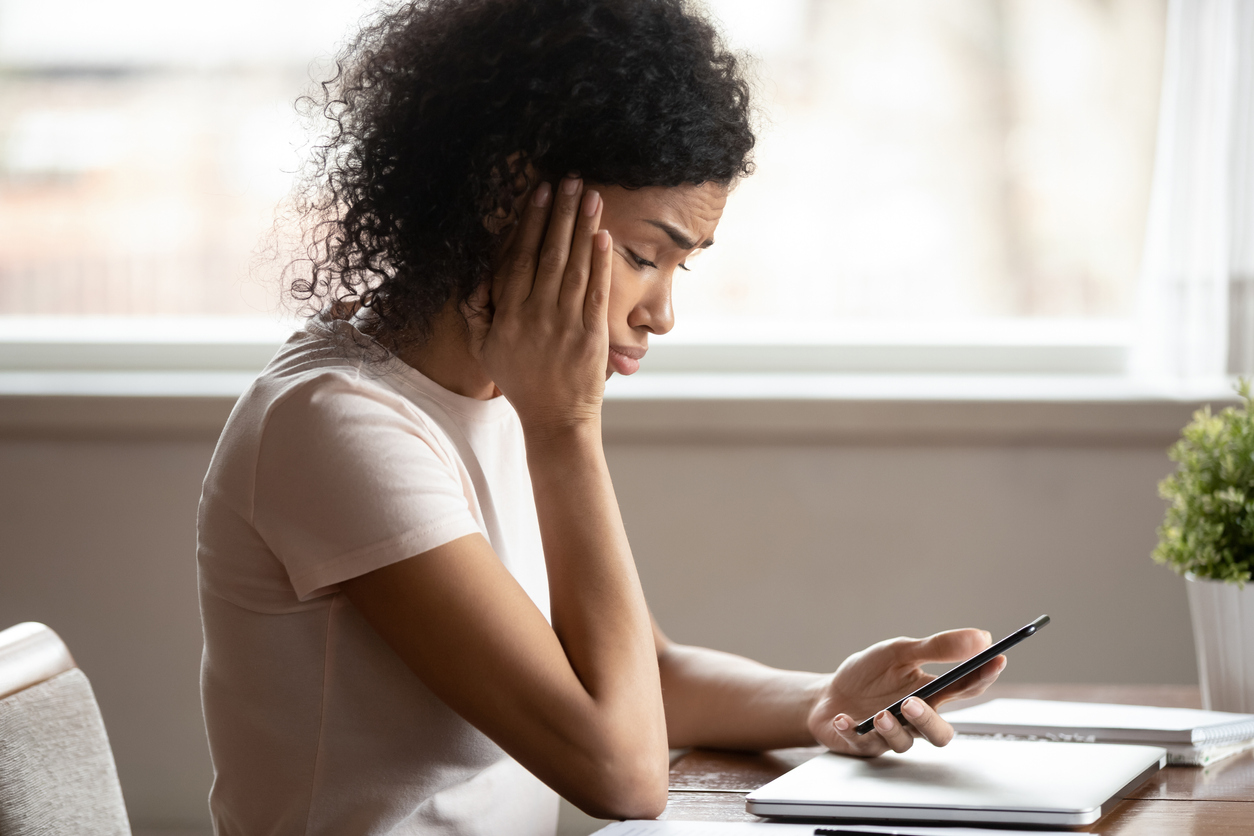Featured
Kids are ‘doomscrolling’ – and feeling the effect
A global pandemic, lockdown, fluctuating COVID-19 cases, political corruption, and global instability, that includes alleged espionage by cell phone manufacturers and social media companies. The news is largely bad news. And being addicted to keeping up with such news even has a name: “doomscrolling”.
“The trend of doomscrolling has never been higher than in 2020,” says social media specialist Dean McCoubrey of MySociaLife. “The intersection of a health and financial crisis, the introspection of a lockdown, and increased screen time means that we have more access to local and international doom and gloom than ever before in history.”
If the pandemic had occurred a decade ago, in 2010, the news surrounding the crisis would have been limited to just 2-billion internet users. In 2020, according to Statista, there are more than 4.5-billion users online, with almost 4-billion using social media and accessing news via the portable smart device in their bag or back pocket.
“When things go bad we can find out about it immediately due to social media feeds,” says McCoubrey. “Traditional news was never this quick. Moreover, the news that spreads online is not always factual.”
Netflix’s recent hit documentary, The Social Dilemma, exposed the algorithms that serve social media users more of the content based on their preferences and their clicks. Interviews with some of the original product developers and inventors of the world’s largest technology brands reveal their regret at how these products have had an impact on the world in terms of online hate, divisiveness and the rise in mental health disorders.
However, there are also many developments and reasons for positivity.
“Consider the development of the vaccine in which there are more than a few trials in advancing phases. If we saw a daily news report that opened on the latest development of the vaccine, would we see things slightly differently – with a little more hope?”
Negative news fuels fear and divisiveness as is now seen in politically unstable, or even apparently stable, countries like the United States.
“Consuming depressing or dramatic content affirms our belief that
things are unsafe or dangerous. In one sense it makes us feel safe to
confirm that the world is unsafe.”
McCoubrey asks whether, if we were not purposely driven to send more
content of the same theme via divisive algorithms, people would feel
less stress, fear and anxiety.
“Would COVID-19 have been more manageable? Not less severe, but more manageable. The news cycle has undoubtedly saved hundreds of thousands, if not millions of lives, but there is definitely the fallout of an infodemic. In schools, the number one lesson that our students asked for in our digital life orientation program last month – out of the eight modules which we offer – was mental health. The second most requested lesson was tools to help focus.
“With teens having similar access to adults via social media, their brains are not necessarily equipped to process or manage this flood of information, even if they appear technologically confident and competent.”
McCoubrey suggests 7 ways to own one’s time more wisely and see mental health benefits
- Take a break from news for 14 days: A news detox will prove that life goes on regardless of your news consumption;
- Turn your phone off, and place it another room after work: Research shows that we will return to our phones if they are nearby and the phone is still on;
- Eat meals without phones: Talk with family members and friends – real-life connection and honest conversation matters;
- Read fiction: Many have become obsessed by reality TV and social feeds, leaving us comparing our lives to others momentary snapshots. Jump into a good story;
- Take up a brand new hobby: Wire the brain to build a new skill and enjoy the distraction of a challenge, rather than following the same habits – including answering every notification or scrolling negative news daily;
- Exercise: Even a walk is important to reward your body. Not just the physical activity – but also the ability to see the vast and amazing world of nature that surrounds us in South Africa.
Share
- Click to share on X (Opens in new window) X
- Click to share on Facebook (Opens in new window) Facebook
- Click to share on LinkedIn (Opens in new window) LinkedIn
- Click to email a link to a friend (Opens in new window) Email
- Click to share on Reddit (Opens in new window) Reddit
- Click to share on WhatsApp (Opens in new window) WhatsApp
- Click to share on Pinterest (Opens in new window) Pinterest
| Thank you for Signing Up |


















